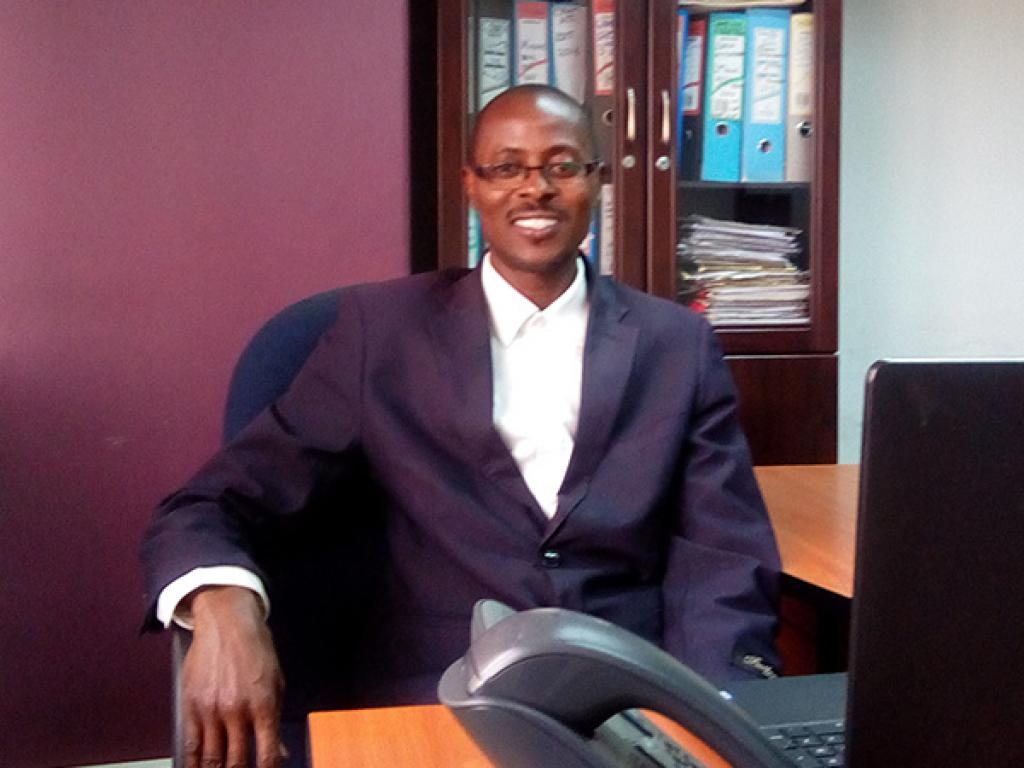Looking at the fourth Industrial Revolution in the context of Africa

Motivated by a passion for computer science education, HPI scholar Jecton Tocho has recently been awarded his doctorate after completing a thesis that investigated the use of game generators to support programming educators to teach programming.
Learning programming is difficult among higher education students, with high failure and dropout rates being reported in introductory programming. “As a practicing Computer Science (CS) Educator, I have also experienced this problem,” said Jecton. “Consequently, I developed the interest in seeking alternative fun ways of teaching programming.”
The topic of recursion is particularly difficult, but designing and developing serious games is time consuming and expensive. This has resulted in a low adoption rate of games-based learning in mainstream teaching.
“I got motivated to study the use of game generators to support CS educators with little or no game programming skills to easily create programming games,” said Jecton.
Jecton’s uncle encouraged him to study computer science, which he did, firstly at undergraduate level at Kenyatta University and later achieving a master’s degree at the University of Nairobi, both in Kenya.
Jecton encourages students to join the Hasso Plattner Institute Research School at UCT as he found the supervisors to be warm, understanding, dedicated and very professional. “The funding support for students is guaranteed as long as they make satisfactory progress.”
“ Pursuing a Computer Science PhD degree definitely has its own challenges. The most obvious one is to make sure that you have reasonable research outputs in internationally recognised and peered-reviewed journals and conferences. This can be frustrating and challenging, especially if you don't get published early enough. The other challenge I faced was the disruptions due to the Covid-19 pandemic. Then of course, balancing academic, family life, and social life is an area that can be very challenging if not well managed.”
Currently, Jecton is back in Kenya working on research grant proposals in the area of Computer Science Education (CSE) at the United States International University-Kenya, where he is a lecturer. He hopes to venture into the domain of assistive technologies to foster inclusivity in CSE among the visually and hearing impaired students in Sub-Saharan Africa.
Jecton’s studies were financially supported by the Hasso Plattner Institute for Digital Engineering through the HPI Research School at UCT.
